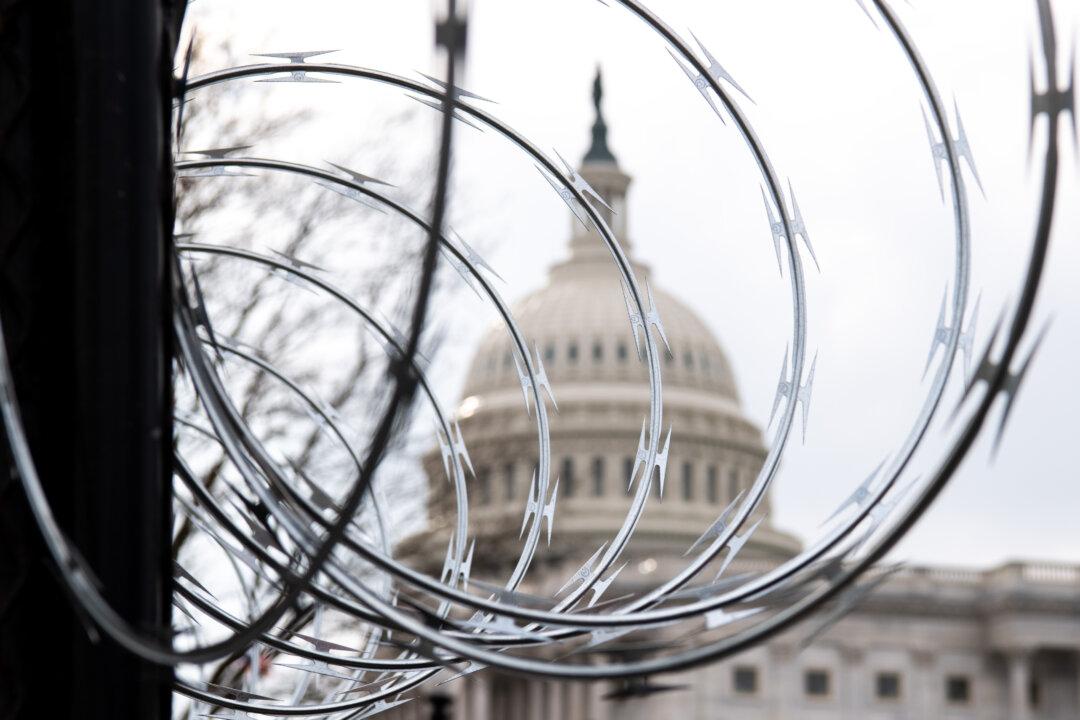Members of Congress are concerned that House Sergeant-at-Arms William Walker’s proposal for sophisticated new electronic identification programs to monitor and control who can enter any part of the U.S. Capitol complex could become a civil liberties nightmare.
“We must ensure we are protecting the rights of citizens to petition their elected officials, and legislative activities guaranteed by the Constitution. I have serious concerns that implementing a system that would potentially track the movements of members, visitors, staff, and the press would have a chilling effect on how Congress operates,” Rep. Rodney Davis (R-Ill.) told The Epoch Times.





